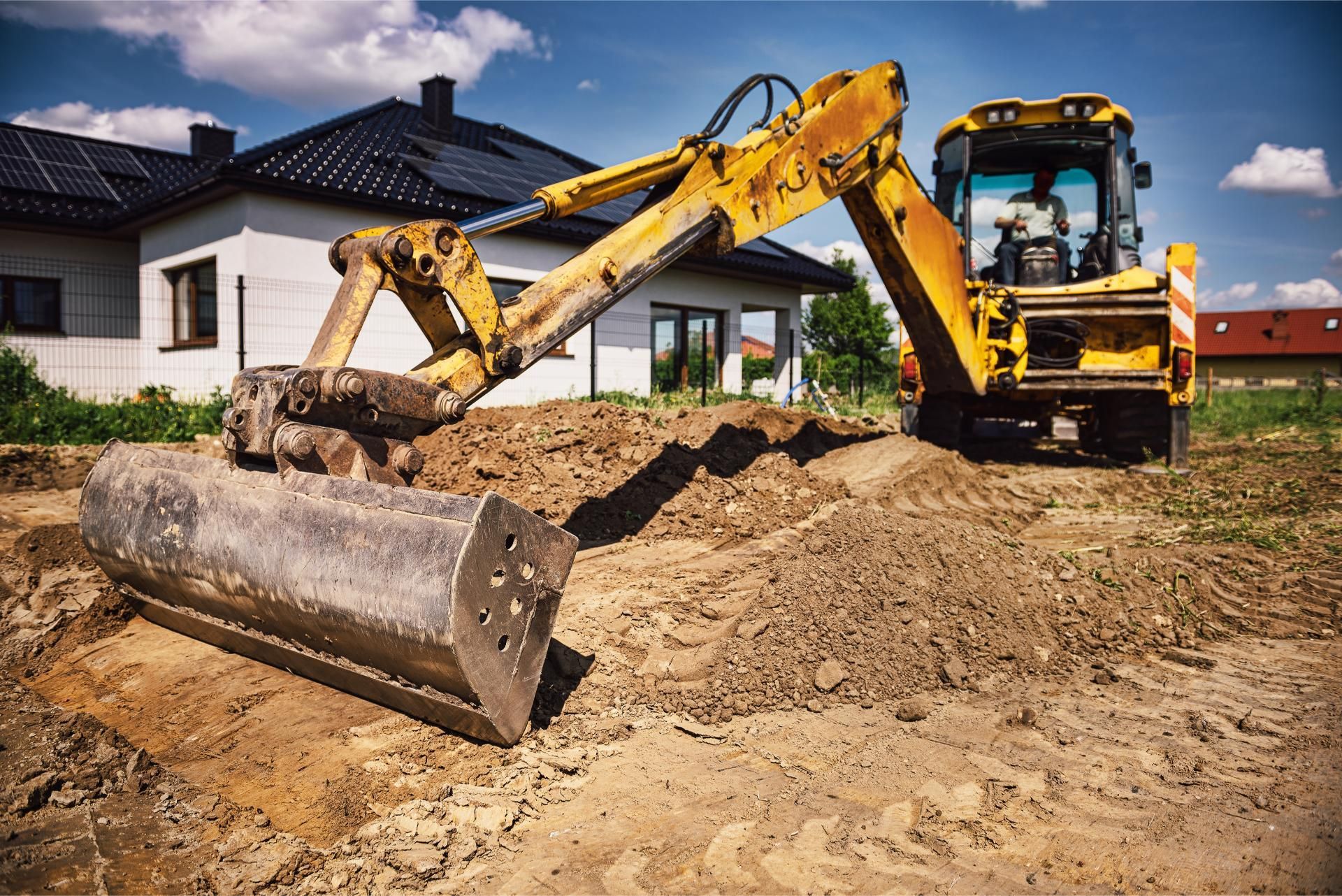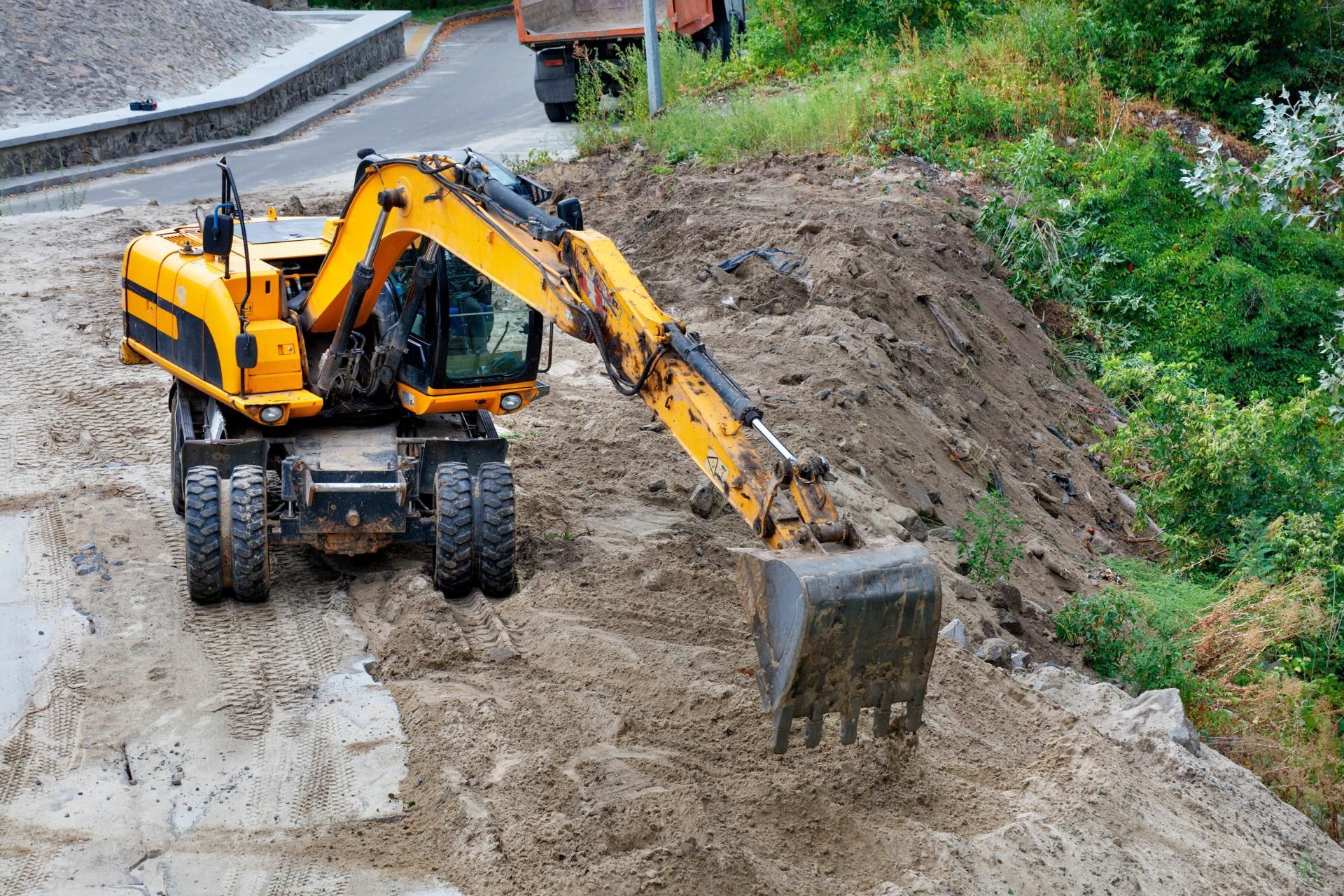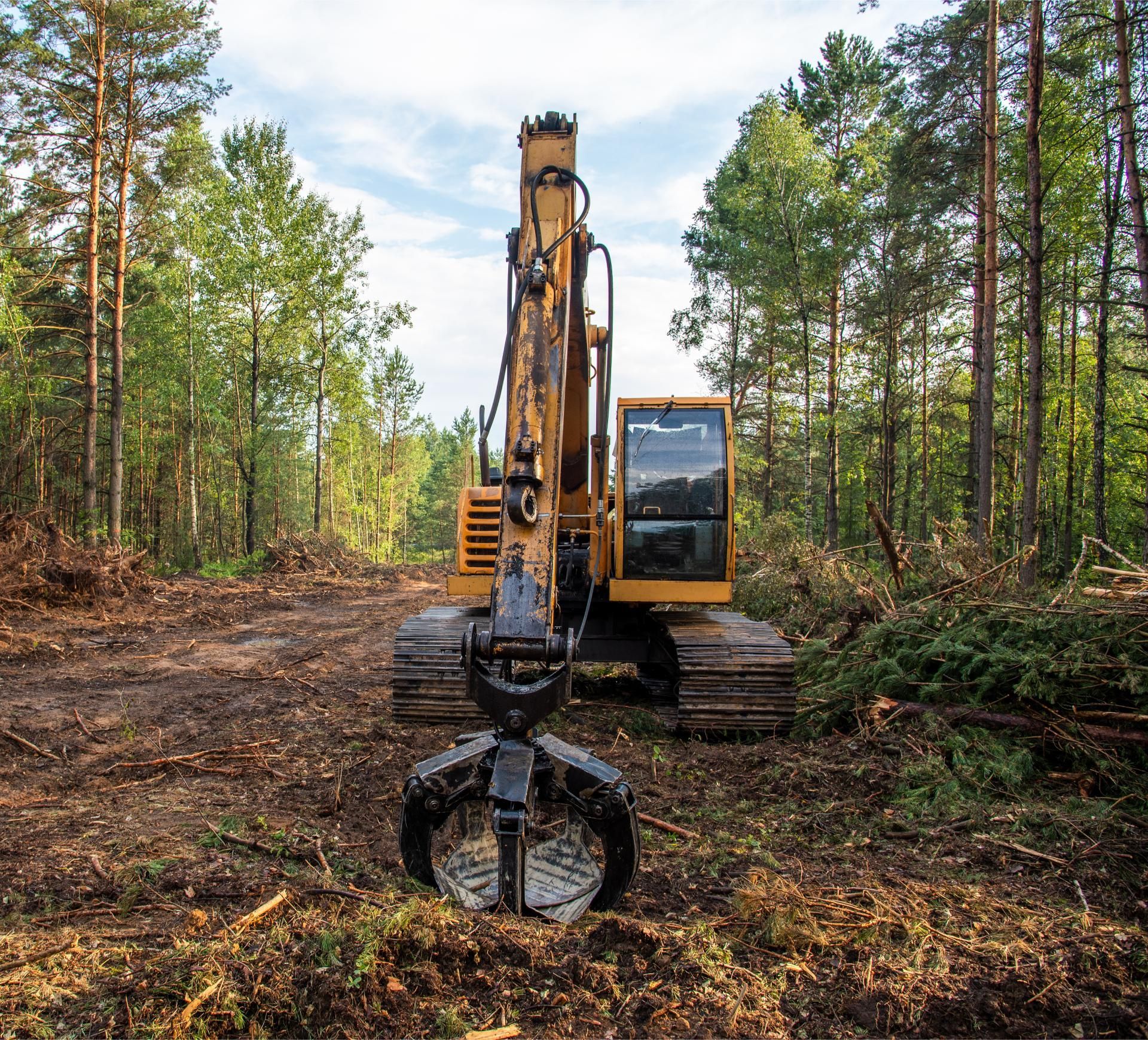Grading Contractors in Nashville TN
Local Lawn Grading Company in Nashville, TN
At D R Excavation, we offer a variety of grading services to the local area. We specialize in excavating and grading land for construction projects, as well as clearing land for new development.
We are equipped with the latest in excavating technology, and our team of experienced operators are dedicated to providing the highest quality of service.
We offer competitive pricing for our services, and we are committed to completing each job in a timely and efficient manner. Whether you need us to excavate a site for a new building or clear land for a new development, we are here to help.
Contact us today to learn more about our services or to request a free quote.
D R Excavation Nashville
611 Commerce Street, Nashville, TN 37203
(615) 632-6082
Land Grading in Nashville, TN
At D R Excavation, we're more than just your average contractor. We're a group of passionate individuals who love the outdoors, and we're dedicated to providing the best possible lawn grading services in the Nashville area.
We understand the importance of a well-maintained lawn, and we take pride in our work. We offer a variety of services, including lawn mowing, edging, and leaf removal. We also offer topdressing and aeration services to help keep your lawn in top condition.
If you're in need of lawn grading services, we're the team to call.
What We Offer
One of the most important steps in any construction project is ensuring that the land is properly graded. This is why at D R Excavation, we offer a variety of land grading services to our clients in Nashville, TN. Our services include debris removal, rough grading and final grading.
Our Process
If your lawn has too much of a slope, it can be difficult to mow and you may end up with brown patches in areas that don't get enough sunlight. If the slope is not enough, water can pool on your lawn and lead to drainage problems. At D R Excavation in Nashville TN, our lawn grading process begins with measuring the current grade.
Who We Are
D R Excavation is a company in Nashville, TN that specializes in landscape grading.
We are made up of contractors who care about our customers and their satisfaction.
We have the experience and knowledge to get the job done right the first time.
Our goal is to provide our customers with the best possible service at a fair price.
We are committed to excellence in all that we do.
Licensed & Insured
D R Excavation only works with licensed and insured grading contractors. This is for the benefit of our customers. We want to make sure that our customers are fully protected in case of any accidents or damage that might occur during the grading process.
By working with only licensed and insured contractors, we can be sure that our customers will be covered financially if anything goes wrong. In addition, we have a good working relationship with all of the grading contractors we work with, and they are all highly experienced professionals.
This means that our customers can expect a high level of quality and service when they hire us to do their grading. We are confident in the abilities of our contractors and we believe that our customers will be completely satisfied with the results of their project.
FAQ's About Land Grading
"We highly recommend their services to anyone looking for top-notch excavation work. Thank you, D R Excavation!"
- Susan Sherman
“Grateful to D R Excavation for the great job they did on our project. They were professional, and did a great job cleaning up afterwards. We couldn't have asked for more!"
- Ed Schultz
“They did an amazing job and we couldn't have done it without them."
- Gary @ Custom Dream Homes
Why Should You Work With Us?
20+
Years of Experience
300+
Successful Excavation Projects
35+
Trained Professionals - and Growing!
Contact Us Today For A Free Quote
Our company has years of experience in excavating all sorts of land, from small residential properties to large commercial ones. We have the equipment and manpower to get the job done quickly and efficiently. Contact us today to get started on your project!



